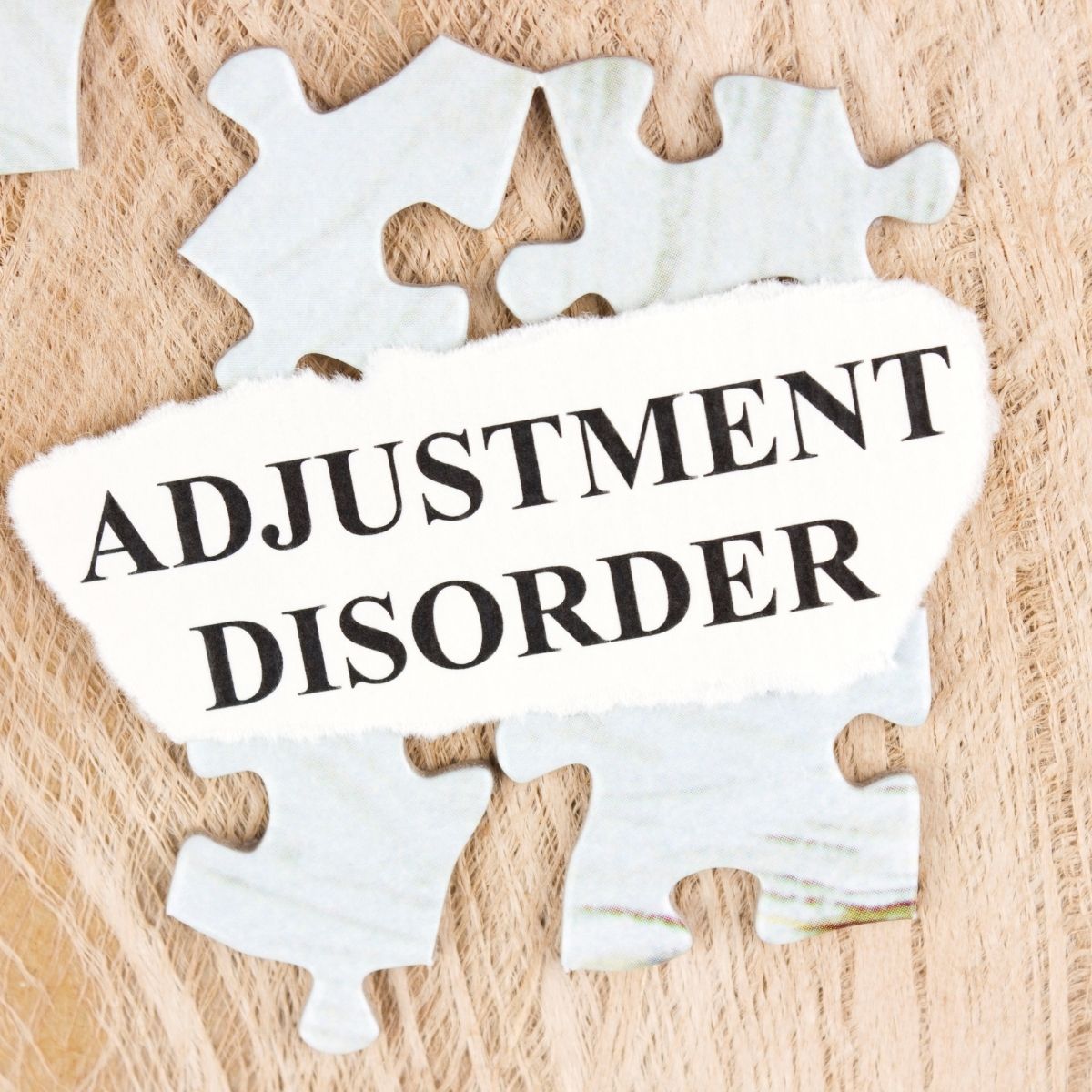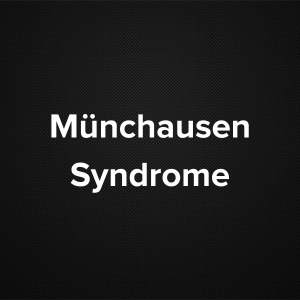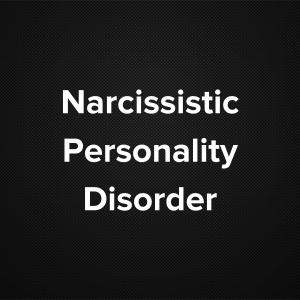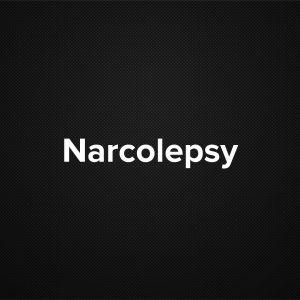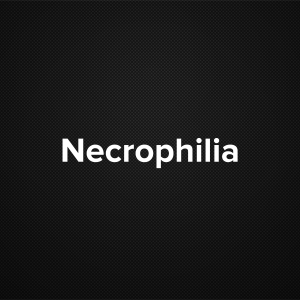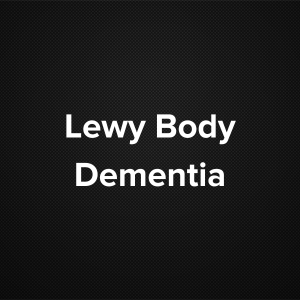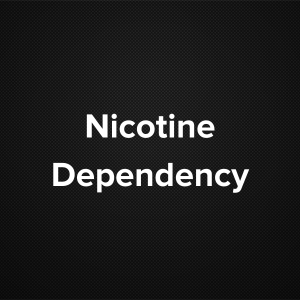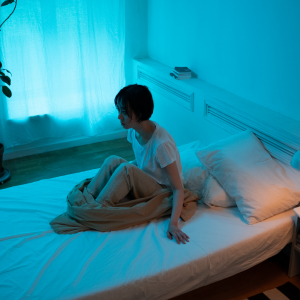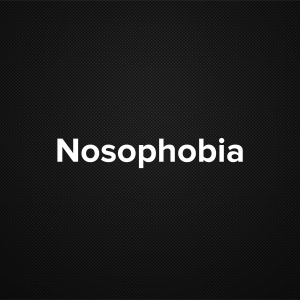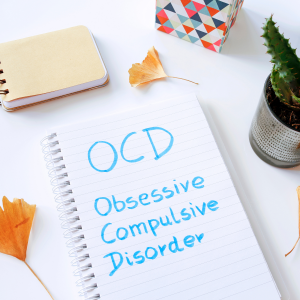Causes and risk factors
The reason for adjustment disorder is still not clear. Certain factors which have been put forth which include genetics and the temperament of the individual. Certain stressful events in life like health problems, death of loved ones, sexual issues or physical abuse, family conflicts etc are some of the triggering factors.
Clinical presentation:
There are different types of adjustment disorder like depressed mood, mixed depression and anxiety, anxiety, disturbance of conduct, mixed disturbance of emotions and conduct and unspecified adjustment disorder. Depending upon the duration of symptoms adjustment disorder is classified as acute and chronic. Adjustment disorder is said to be acute if it is less than 3 months and it said to be chronic if it is lasts more than 6 months. Symptoms vary from person to person. An individual suffering from adjustment disorder suffers from sadness, anxiety and nervousness. Hopelessness is seen in them. They lack interest in all, nervousness occurs, they avoid social contacts. Suicidal thoughts are prevalent in such individuals. This leads to disturbances not at the interpersonal level but their work quality is also hampered.
Investigations:
Diagnosis can be made on the basis of the symptoms narrated by the patients and on the basis of complete psychiatric evaluation. Reviewing of the history is the most essential step. All the details are obtained from the family and friends. Close observation in such cases is essential. Investigations can be advised in cases where the doctor suspects any pathology. Certain criteria’s have been put forth by the ‘Diagnostic and Statistical Manual of Mental Disorders (DSM)’ published by the American Psychiatric Association for diagnosing adjustment disorder. These are:
- The symptoms must be present since three months after exposure to the stressful event
- The symptoms are not caused by other disorders of the mind
- The symptoms should not be normal to the circumstance
- The reaction to that situation should be exaggerated.
Treatment:
Psychotherapy plays a major role in treating adjustment disorders. It comprises of counseling and interpersonal therapy. Cognitive behavioral therapy has found to be effective in such cases. Support and care by family and friends will help the patient to cope up with the complaints. Indulgence in positive recreational activity, meditation care effective.
Other modes of treatment:
The other modes of treatment can also be effective in treating depression. Homoeopathy is a science which deals with individualization considers a person in a holistic way. This science can be helpful in combating the symptoms.
